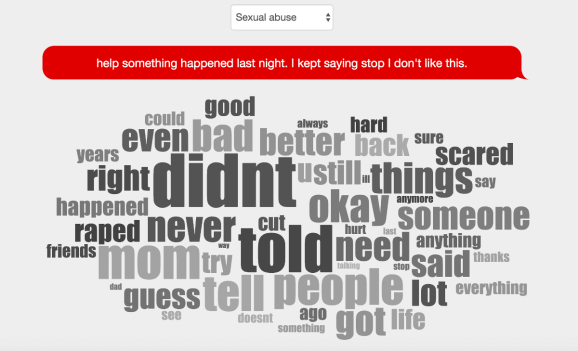
In this week’s news, the gaming industry faces a wave of sexual misconduct allegations and Microsoft shutters both their streaming platform and their retail presence.
Gaming industry faces week of sexual misconduct reckoning
More than 70 people in the gaming industry, most of them women, have come forward over the past week with allegations of gender-based discrimination, harassment and sexual assault. They have shared their stories in statements posted to Twitter, YouTube, Twitch and the blogging platform TwitLonger. The victims and the accused come from every corner of the industry, and the companies they work for or are associated with have issued statements or say they have opened investigations into abusive and inappropriate behavior. Twitch, Facebook, Ubisoft, Paradox Interactive, Cards Against Humanity, Techland, Gato Studio, and Bungie, among many others, have all responded to allegations of abuse, misconduct, and sexual assault related to current and former employees and contractors in the last several days. The New York times pointed out that, “the response has been a far cry from Gamergate in 2014, when women faced threats of death and sexual assault for critiquing the industry’s male-dominated, sexist culture,” and implied that many in the industry are hoping these allegations actually lead to some real change. Vice and CNN both wrote that many have stated that something like this has been a long time coming, and that the industry has been embroiled in a toxic culture around this topic for almost it’s entire history. GamesIndustry.biz published an opinion piece implying that while bringing individuals to justice is a great first step, there are wider reforms that need to take place to implement actual change.
Microsoft permanently shelves vast majority of retail storefronts
Microsoft announced plans to permanently close all Microsoft Store locations in the United States and around the world, except for four locations that will be “reimagined” as experience centers that no longer sell products. All other Microsoft Store locations across the United States and globally will be closing, and the company will concentrate on digital retail moving forward. Microsoft says Microsoft.com and the Xbox and Windows storefronts reach “up to 1.2 billion monthly customers in 190 markets.” The Verge noted that this decision is probably the reasoning behind the company not opening any of their stores after many states have decided to re open retail storefronts in the wake of the COVID-19 pandemic. Bloomberg and Forbes both published opinion pieces applauding the move, and projecting that many other companies will begin to follow suit.
Mixer is dead
Microsoft decided to shut down its streaming entertainment service Mixer. As of July 22, Mixer sites and apps will redirect users to Facebook Gaming. While streamers will be released from their contracts and will not be forced to move to Facebook, Facebook Gaming is offering all Mixer partners Facebook partner status and that it will “match existing Mixer partner agreements as closely as possible.” The decision comes just months after Microsoft shelled out millions of dollars to acquire some of the biggest streamers from Twitch. However, viewership remained low in comparison to other platforms. IGN noted that this decision may have been a long time coming, writing that “one of the first signs of trouble was seeing both Mixer (originally, Beam) founders Matt Salsamendi and James J. Boehm leave in late 2019.” The Verge and Engadget commented that although ultimately a failure, Mixer was successful in completely changing the way companies handle contracts with streamers, comparing the current structure to more similar to those in other forms of entertainment or in sports. Forbes added that while Mixer may be gone, Twitch will have more competition since Chinese tech giant Tencent has been testing their streaming service, Trovo Live, in the US since March. Almost all coverage mentioned that Microsoft left streamers in the dark on this decision, and many criticized the lack of transparency they provided their talent.
